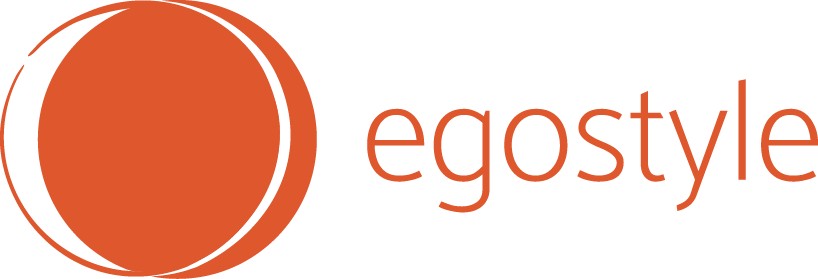The coaching approach at EGOSTYLE
Egostyle offers two types of coaching:
- People-based coaching: It relies on the function of the individual.
- Situational coaching: based on a given situation, it aims to give the person the means to achieve his or her goals in this specific context.
The definition of coaching
Coaching is the individual accompaniment of people based on their professional needs for the development of their potential and know-how-to. The techniques vary according the career path of the person being coached. However, all methods are based on listening as well as observation of the individual, the group or the company. Coaching is extremely effective because the coach focuses solely on the trainee and encourages him to find his own solutions.
Examples :
- Communication problems with others
- Anxiety related to a new job/position
Goals of coaching
- Organisation-centered goal :
- Helps managers in developing their personality.
Reduces their levels of anxiety and negative stress.
Inspires them want to take risks and win.
Contributes to increased organisational and interpersonal skills in the company.
2. People-centered goal : focuessed on the gain for the individual.
The coach
He is an expert in human relationships and the development of potential but also a corporate practitioner and has an extensive knowledge of management in companies.
The coach establishes a relationship based on trust with the coachee and follows coaching confidentiality rules.
The coach is the investigator who reveals to the coache :
- Who he/she is.
- What he can do.
- His own lifestyle so that he can better adapt and improve.
The coach then assists in the implementation of actions adapted to forced circumstances as well as in their natural environment.
The coaching in practice
1. Preparation
- Clarify the request and the nature of the problem.
- Ensure there is a real need.
- Verify the real desire of the coachee.
- Determine the end goal.
2. Intervention
- This takes place during working sessions and confidential face-to-face interviews.
- It is an individualised and customised process. The coachee finds his own solutions and creates tools dependant on the situation.
- Through simulations, the coach :
- Searches, with the coachee, through everyday situations for the most appropriate solutions in light of his personality in order to achieve the objectives, while respecting his natural.
- Helps the coachee increase his performance by improving his efficiency when faced with situations of change.
3. Follow-up
The process is concluded by a contract of evolution that establishes:
- The actions to be taken.
- The resources required.
- The timelines to follow.


